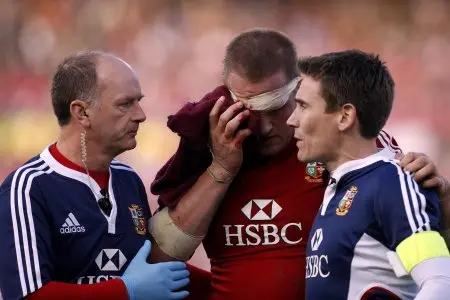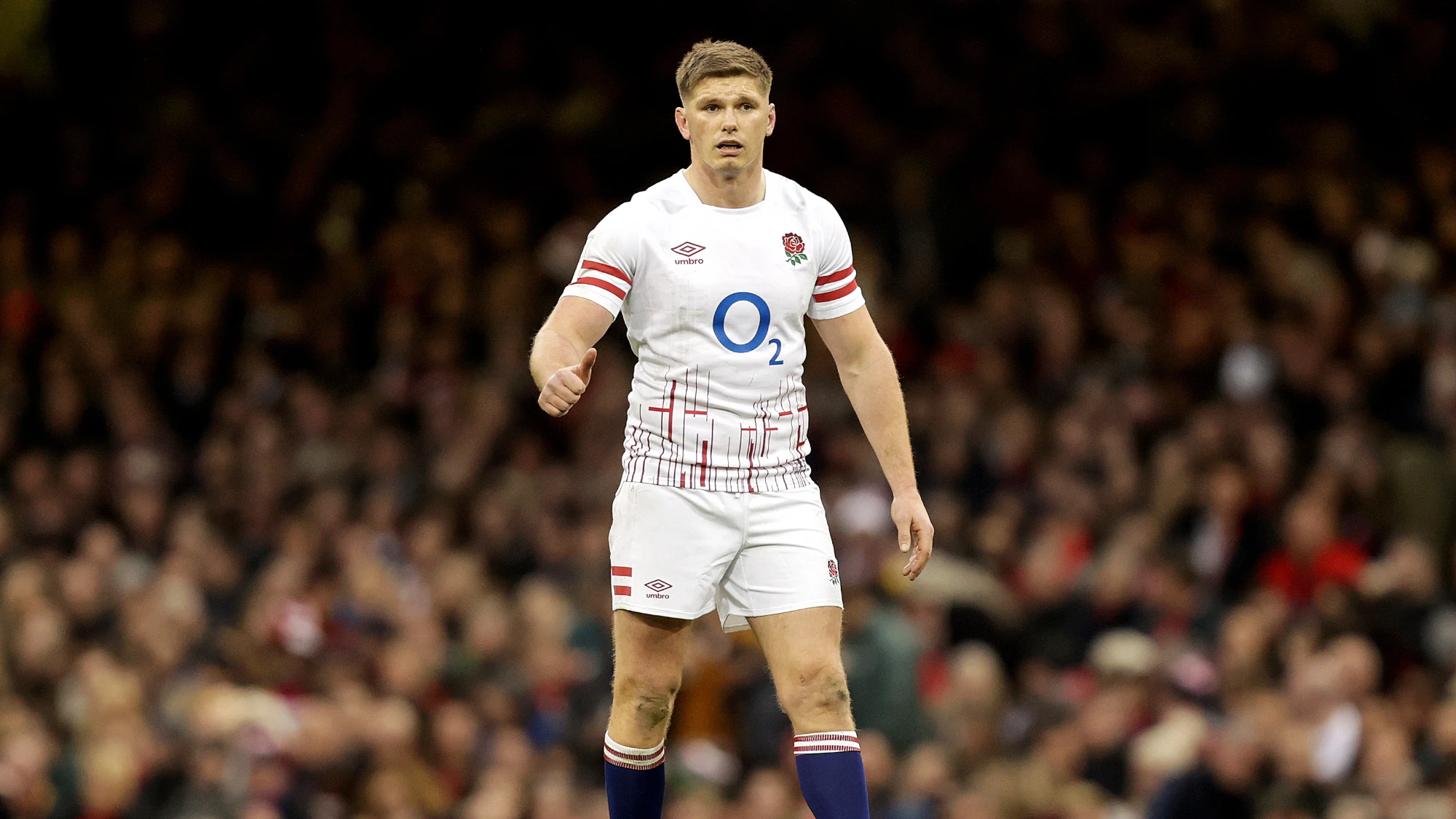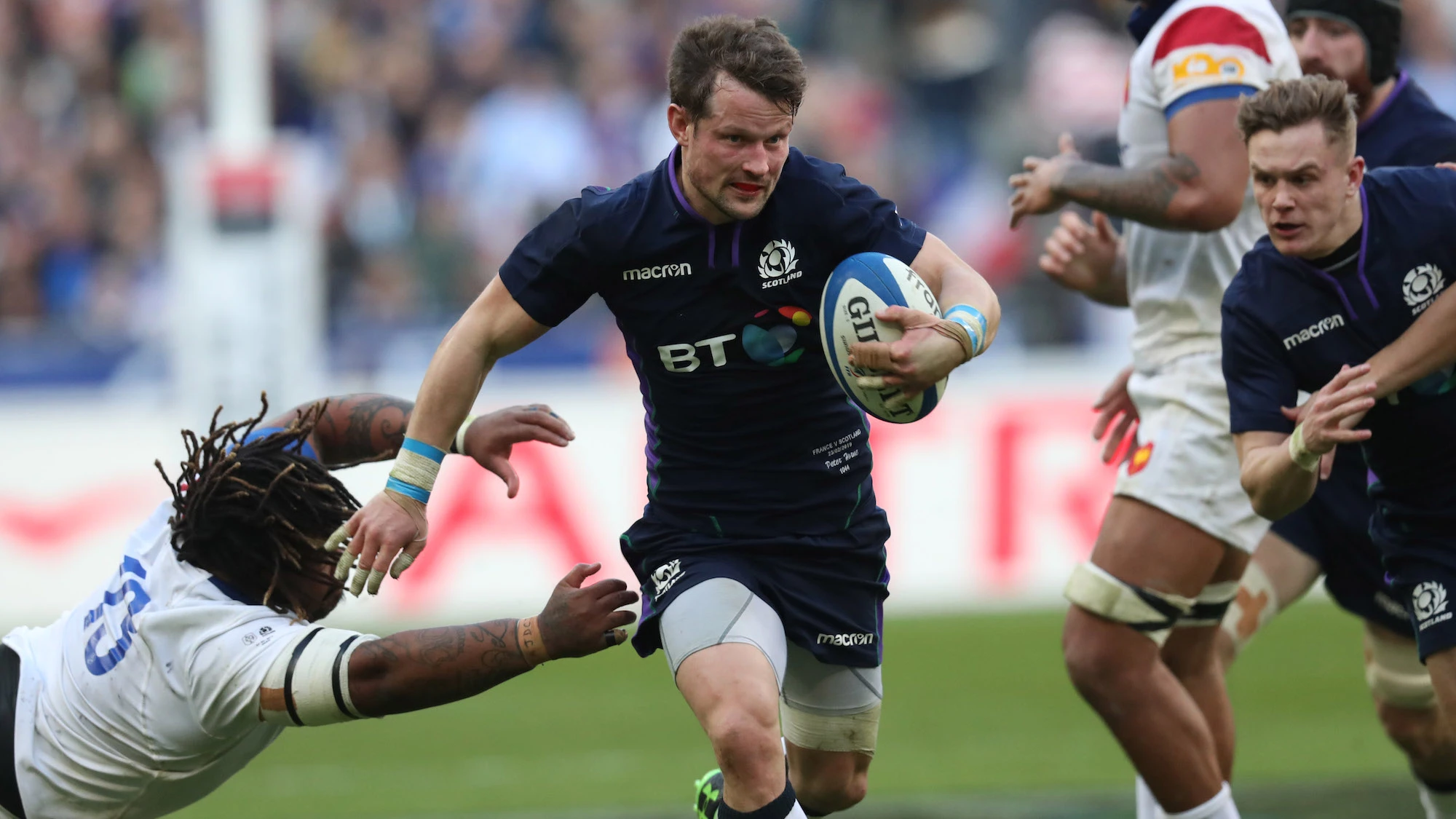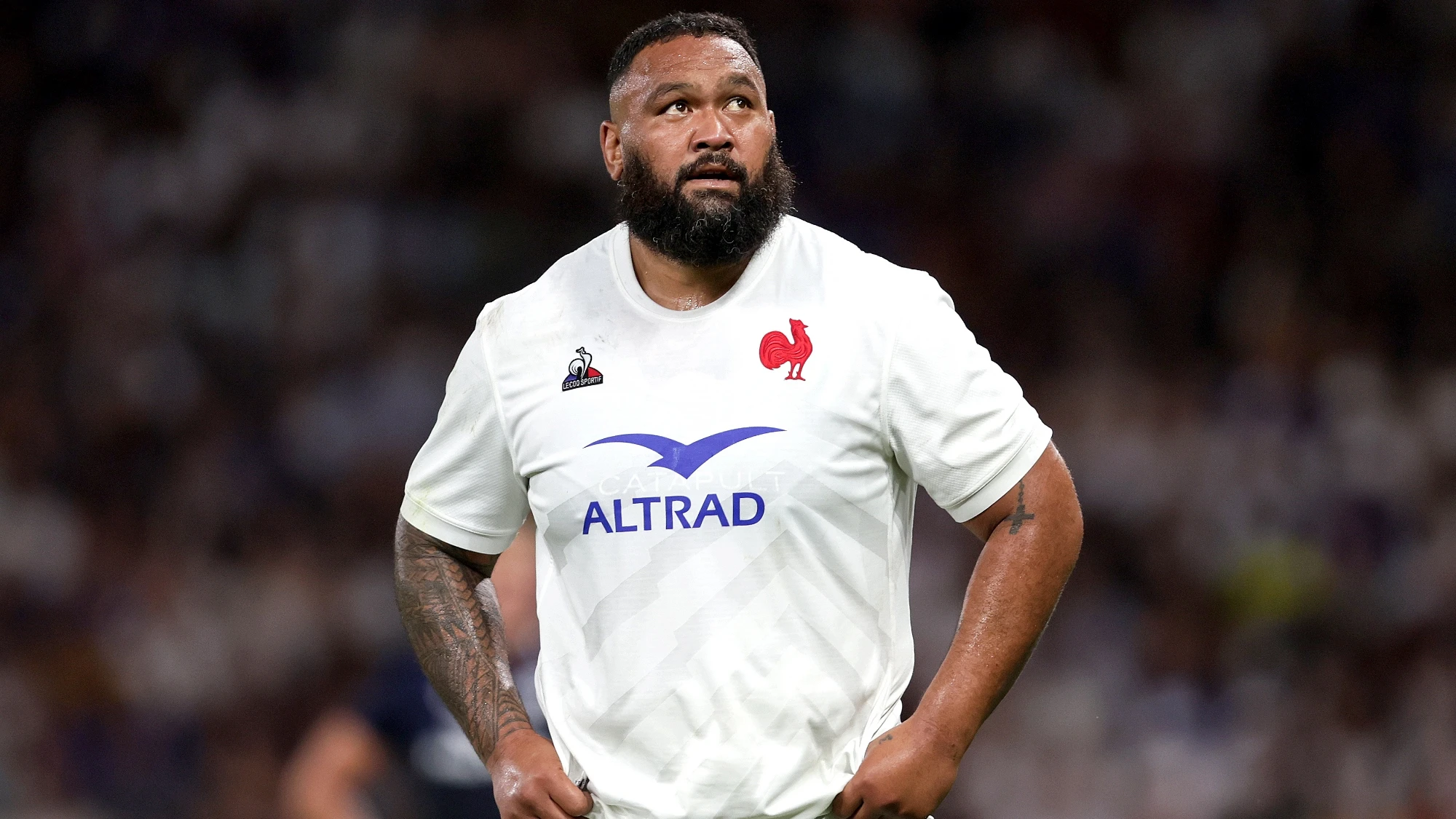Lions and Scotland doctor James Robson maintains rugby is starting to get to the grips with the injury crisis that threatened to engulf the game 12 months ago.
Robson has been involved in two of the most devastating games in terms of casualties in the last year in Wales’ Six Nations defeat of Scotland and the Lions’ second Test loss to South Africa.
It was following the Lions series, in which ten tourists were sent home, that Robson delivered a damning indictment on the state of rugby saying the game had reached a breaking point.
Several of those – notably prop Adam Jones – were injured by clearing out at the breakdown but since then the game’s lawmakers have clamped down on the illegal use of the shoulder.
That together with greater research has reassured Robson but he maintains there is a still long way to go.
“I have been greatly heartened by what’s happened over the last 12 months,” Robson told the Rugby Paper. “I spoke out last year because in my experience things were getting worse and worse.
“The type of injuries caused by foul play seem to have been clamped down on by the referees and citing officers. “That is especially true with shoulder charges and illegal tackles where you don’t use your arms.
“I just found the deliberate barging at rucks abhorrent but massive strides have been made to stamp that out.
“There’s still foul play as you have seen in the Tri-Nations referees have been far quicker to stamp down on it and people are getting banned for it. That’s sending a message to players and especially coaches that it is unacceptable.
“That’s one area and another is the collective will to improve the situations. The IRB held a big medical conference at Twickenham in February and lots of good ideas came out of that which have been taken up.
“Another is scheduled before the Autumn Internationals and we are making great strides in getting data in which leads to analysis which leads to solutions.
“We are still nowhere near where we need to be as a sport but considerably further on.”



